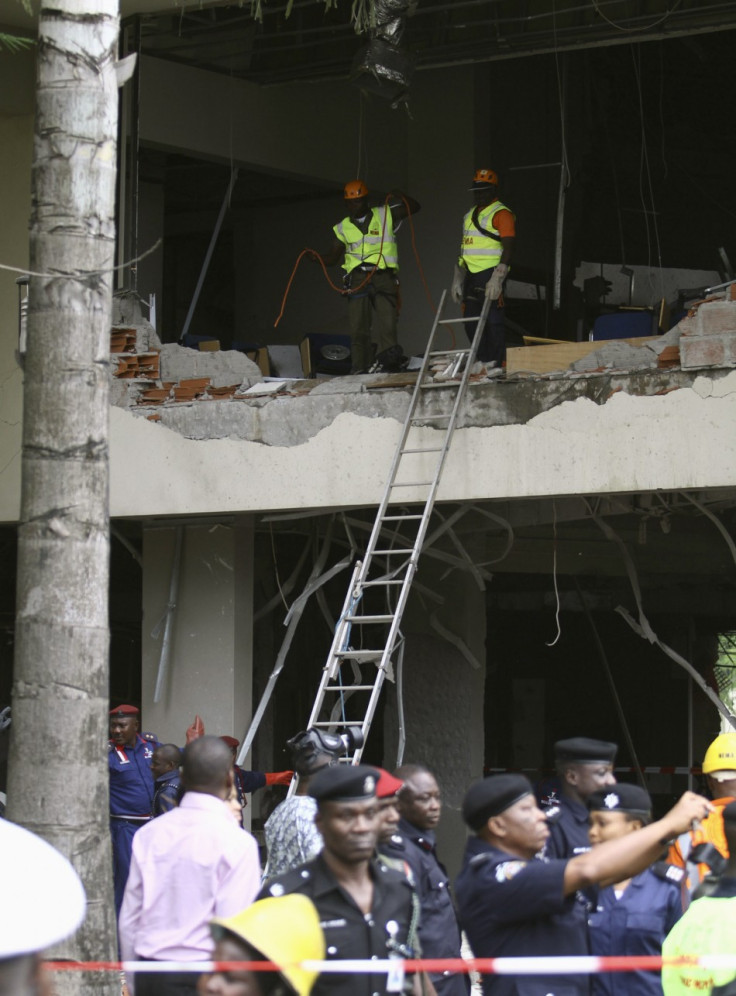Nigeria: Are Islamist Groups Bolstering Separatists' Movements?

As violent clashes between Muslims and Christians in Nigeria continue to make more casualties, religious tensions continue to threaten the stability of the country.
Just a few days after the Nigerian Islamist militant group Boko Haram, which translates loosely as "Western education is forbidden/sinful", said it bombed U.N. offices in Abuja last week, thirteen people died in clashes between Christian youths and Muslims celebrating the Eid-al-Fitr holiday in the Nigerian city of Jos on Monday.
The schism between Christians and Muslims takes place on different levels as in addition to the religious divide, an ideological divide increasingly gains weight in the radical discourse of extremists groups as Christianity is now being associated with the West and its friends.
When Boka Haram claimed responsibility for the bombing of the UN offices, a spokesperson for the militant group insisted the world body is a partner "in the oppression of [Muslim] believers."
Last week, a car which blew up near the main reception of the UN building killed 23 people and wounded more than 80.
In a brief telephone interview arranged by an intermediary, Boko Haram spokesman Abul Qaqa said a 27-year-old Nigerian named Mohammed Abul Barra drove the explosives-packed Honda Accord into the U.N. building.
"All over the world, the U.N. is a global partner in the oppression of believers," Qaqa said. "We are at war against infidels. In Nigeria, the federal government tries to perpetuate the agenda of the United Nations."
In the last few months, the UN has passed two resolutions giving external forces the authority to use "all necessary" measures to protect civilians from violence in the continent with Resolution 1975 in Ivory Coast and resolution 1973 in Libya.
For most of the African Islamist militant groups the surge of UN resolutions and especially the NATO operation which followed the UN move will be seen as a new regain of interest in the West's military appetite in the continent, which they will use to try and consolidate their anti-western rhetoric.
Nigerian authorities said the man responsible who plotted the bombing, Mamman Nur, has ties to the al-Qaeda terrorist network describing him as a "notorious Boko Haram element" who recently returned from Somalia, where the Somali militant Al-Shabaab have also been linked to al Qaeda.
It is not the first time Boko Haram is linked to al-Qaeda as during a state visit to Nigeria, U.S. Secretary of State Hillary Clinton said in August 2009 "There is no doubt in our mind that al Qaeda and like organisations that are part of the syndicate of terror would seek a foothold anywhere they could find one, and whether that is the case here (Nigeria) or whether this is a home-grown example of fundamentalist extremism that's up to the Nigerians to determine."
The group however insisted it did not intend to kill a Nigerian man that died in the attack, proving their intent was mainly to hurt foreigners. During the interview, Qaqa also added "We have told everyone that the U.N. is the bastion of the global oppression of Muslims all over the world."
"As such, we have warned everyone to steer clear of such places," he said. "They should steer clear of such places that we have mentioned in the past. The battle has changed."
As tensions continue to rise, the group fuels his ideological fight by positioning itself against the government but for his people insisting it instead wants to establish an independent state in northern Nigeria, which will be government by Islamic law.
Boko Haram has it seems also influenced The Movement for the Actualization of the Sovereign State of Biafra (MASSOB) as reports also claim the separatists also intend on taking Boko haram's bombing strategy, further threatening Nigeria's stability.
© Copyright IBTimes 2025. All rights reserved.





















